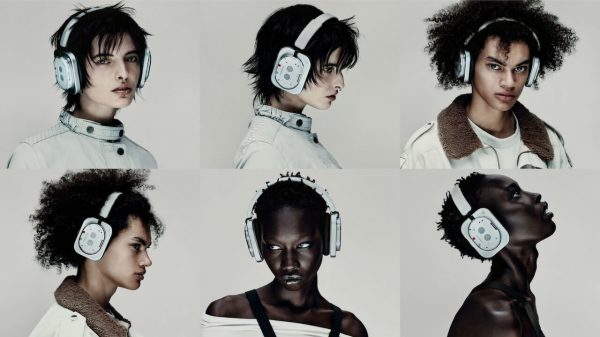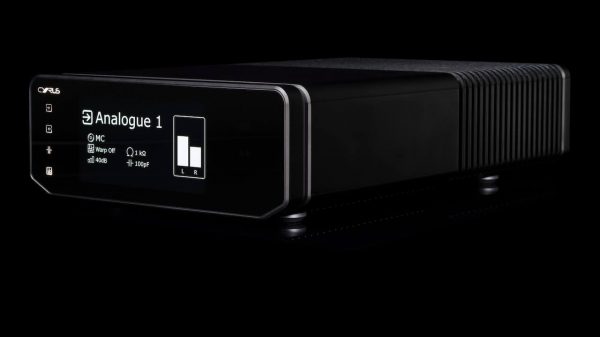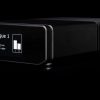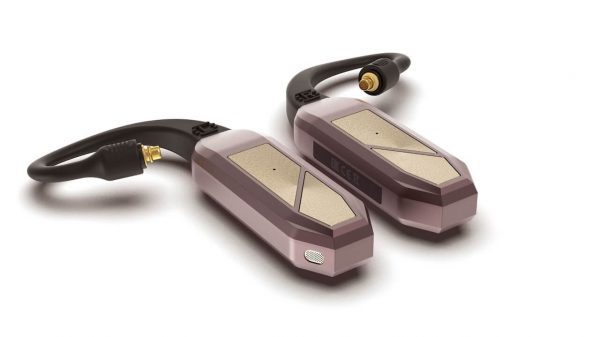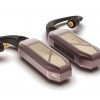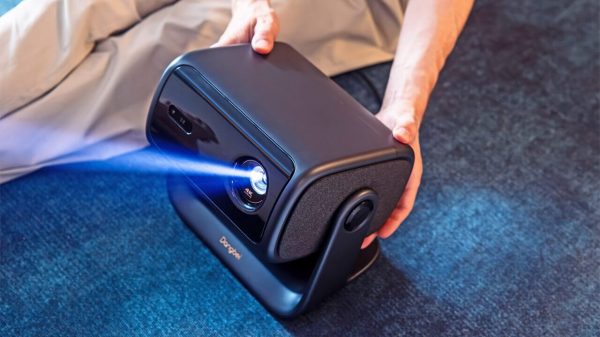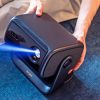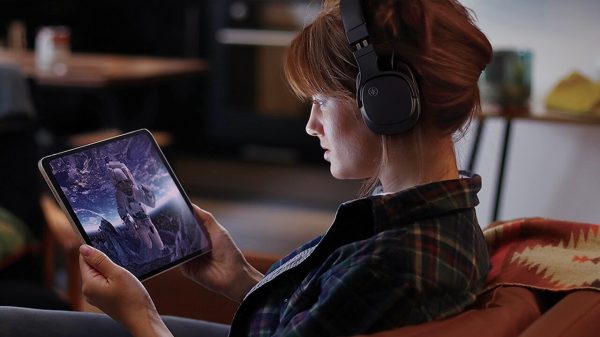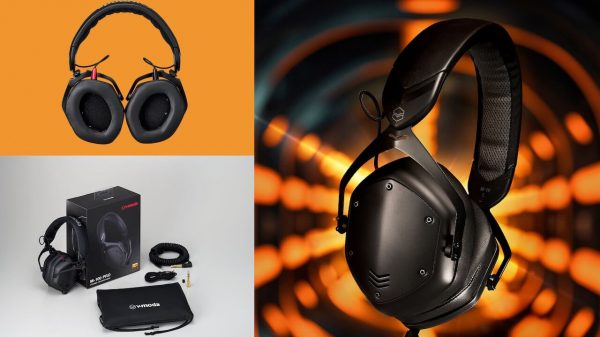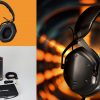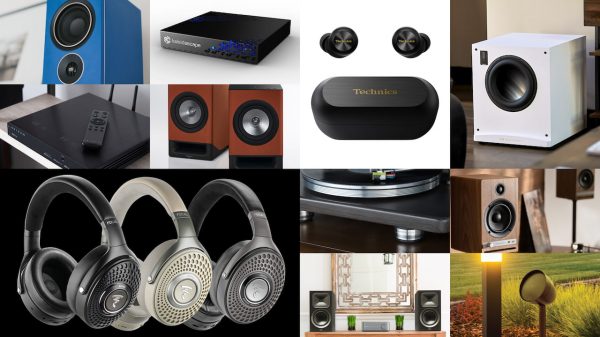Many encounter problems with their internet connections, home computers or cell phones. As gadgets become more important to people, their patience wears thin when things break.
Although information technology is well integrated into the lives of many Americans, gadgets and communication services require, for some, a call for help. Some 48% of technology users usually need help from others to set up new devices or to show them how they function. Many tech users encounter problems with their cell phones, internet connections, and other gadgets. This, in turn, often leads to impatience and frustration as they try to get them fixed.
New research from the Pew Research Center’s Internet & American Life Project shows that:
- 44% of those with home internet access say their connection failed to work properly at some time in the previous 12 months.
- 39% of those with desktop or laptop computers have had their machines not work properly at some time in the previous 12 months.
- 29% of cell phone users say their device failed to work properly at some time in the previous year.
“Struggles with modern gadgetry mean less engagement with the services they enable,” said John B. Horrigan, Associate Director of the Pew Internet Project and co-author of the report. “Time spent dealing with set-up or outages means less time using modern communication services to connect with friends or find information that might help people be more productive.”
Although tech users can usually fix the problems by themselves, with the help of friends, or by calling upon user support, some say they cannot fix tech problems at all. Here are some of the ways device owners fixed their broken technology:
- 38% of users with failed technology contacted user support for help.
- 28% of technology users fixed the problem themselves.
- 15% fixed the problem with help from friends or family.
- 15% of tech users were unable to fix their devices
- 2% found help online
“In an age in which new technologies are introduced almost daily, a new gadget or service can become popular well before the technology itself is understood by the average user,” said Sydney Jones, Research Assistant at the Pew Internet & American Life Project and co-author of the report. “Naturally, some users catch on to new technology more quickly than others, and those who have more trouble grasping the technology are left confused, discouraged, and reliant on help from others when their technology fails.”
Not only did users find different solutions to their device failures, they reported varying attitudes during the course of trying to solve the problem. Overall:
- 72% felt confident that they were on the right track to solving the problem.
- 59% felt impatient to solve the problem because they had important uses for the broken technology.
- 48% felt discouraged with the amount of effort needed to fix the problem.
- 40% felt confused by the information that they were getting.
Adults who are most likely to be impatient to fix their devices are those who had the most devices fail, those who use their devices most, and those who rely more heavily on their devices for work or information.
This report is based on a survey of 2,054 adults between October 24, 2007, and December 2, 2007. Some 734 respondents in the survey were technology users who had at least one device fail in the past
Full Report: http://www.pewinternet.org/pdfs/PIP_Tech_Failure.pdf


